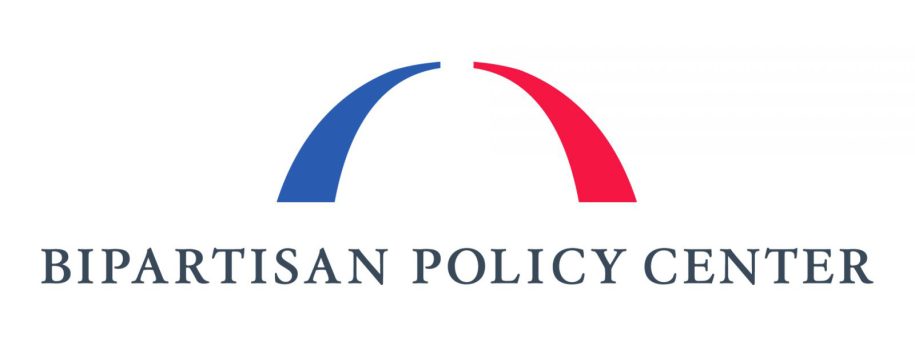Introduction
Policymaking in child welfare has a long tradition of bipartisanship, with dedication on both sides of the aisle to improving outcomes for children, youths, and families. Despite progress, many troubling outcomes persist for children and families involved in the child welfare system. In recent years, concern has grown that bipartisanship in child welfare policymaking may be diminishing, raising questions about the potential short- and long-term implications of this shift for further reform.
In November 2023, the Bipartisan Policy Center launched a Child Welfare Initiative (CWI) to identify and elevate bipartisan approaches to improving outcomes for children and families served by the child welfare system. Building on state and federal reform efforts, the CWI will explore key issues, including foster care, adoption, kinship care, and prevention of child neglect and abuse. Elevating a bipartisan vision for protecting children and supporting families is the Initiative’s principal purpose. Prior to public launch, BPC assessed the child welfare landscape to understand the challenges and opportunities in the field and learn about the concerns, priorities, and experiences of those most closely involved in child welfare systems at the local, state, and national levels. The assessment included stakeholder and community engagement, public polling, policy analysis, media scans, and research reviews.
This paper summarizes a 50-state legislative review and analysis that was conducted for the assessment. The review focused on the following questions:
- How do state legislators’ views about the child welfare system differ by party, as expressed in the bills they recently introduced?
- What areas of child welfare policy receive the most attention from legislators?
- Where are the greatest partisan divides and where is bipartisanship evident?
Our analysis found that the majority of bills introduced over the past two years were partisan, meaning they did not have co-sponsors from the opposing party. However, not all partisan bills indicate disagreement between parties and bipartisan bills may not suggest complete agreement. Our analysis identified issues for which both parties show an interest in reform, indicating areas ripe for bipartisanship. These include:
- the Indian Child Welfare Act;
- improving system oversight;
- improving the front end of the child welfare continuum through improved mandatory reporting and investigations;
- improving child maltreatment prevention and family preservation services;
- strengthening kinship caregiving; and
- addressing workforce issues.

